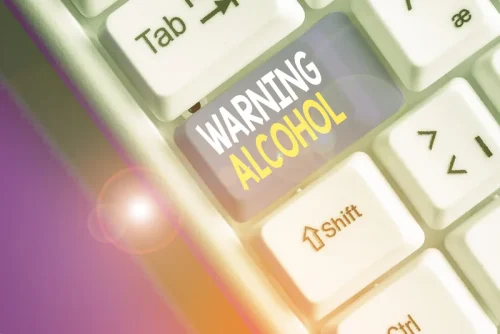
As of now, critics agree that only a few non-alcoholic wines on the market taste like the real deal. They tend to be sweeter and have more added flavor to compensate for the lack of tannins and flavor from the alcohol itself. No matter what propels you to drink—to relax, socialize, destress, feel good, or fall asleep—there are multiple alternatives for each.
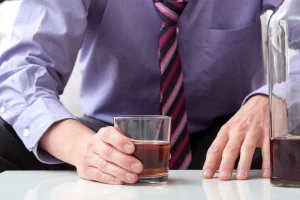
Healthy Alcohol Alternatives to Create New Celebratory Rituals
- There are many kombucha varieties in supermarkets and health stores.
- The seltzers come in 12-ounce cans and are full of organic adaptogens to counteract the effects of stress on the body and nootropics to support healthy brain functions, along with real fruit juice.
- The exception to this could be sparkling, non-alcoholic seltzers.
- The initial taste is mild with a hint of sweetness, nothing overpowering.
Rich in calcium, potassium, and other electrolytes, it helps replenish your body while being naturally sugar-free. This makes it marijuana addiction not only great for hydration after drinking but also a daily substitute for alcoholic beverages. Serve it chilled with ice cubes and frozen berries for a tropical twist, adding a healthy dose of vitamins and refreshing flavors. Matcha tea has emerged as a sophisticated and healthful alternative to alcoholic beverages, offering a unique flavor profile and a range of health benefits. Originating from Japan, matcha is a finely ground powder made from specially grown green tea leaves, which are shade-grown to enhance their flavor and nutritional content.
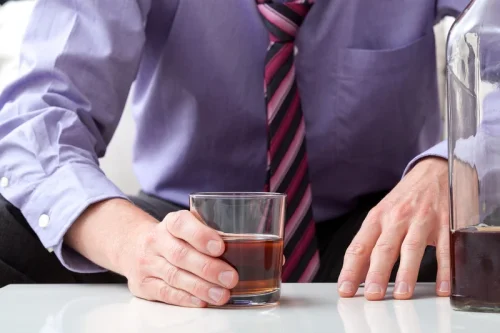
Can CBD replace alcohol?
It has notes of prickly pear, damiana, and peppercorn that made it subtly sweet and pleasantly smooth to drink on its own — but it was even better once I added lime. I love how this one didn’t try to imitate booze, but rather became its own thing. The brand has a few other enticing botanical flavors, too, like Spice 94 and Garden, with notes of allspice and pea, respectively.
Zero alcohol drinks: Are they good alternatives?

Unlike alcohol, CBD doesn’t carry the risk of a hangover, though it may not be as effective for all users. For those seeking a natural, plant-based solution, adaptogens like ashwagandha may be a better option. These compounds can help reduce anxiety and promote relaxation without the need for alcohol. Often referred to as “nature’s sports drink,” coconut water is the clear liquid found inside young green coconuts.
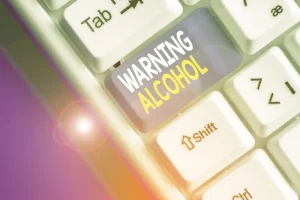
The Curious Lavender Lemonade from our Delish AF recipe book mixes lemon and fresh mint with three different types of tea to create a take on an Arnold Palmer. It’s a super sippable concoction, perfect for sitting poolside https://ecosoberhouse.com/ or on your back deck. Finding a balance between being in the company of others and unwinding with ample solo time is what keeps our connections with others strong.
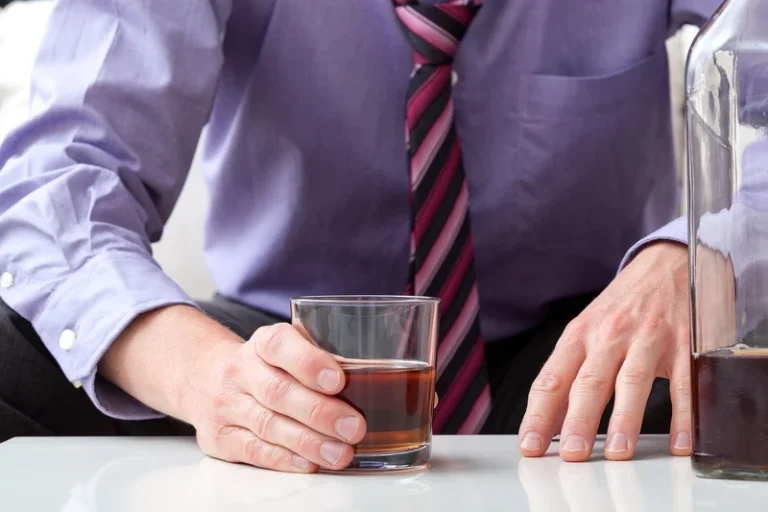
Light beer
- Similarly, the United Kingdom’s National Health Service states that limiting alcohol can lower the risk of harming health, but there is no completely safe level of drinking.
- For example, ginger-infused mocktails not only taste great but can also aid digestion and reduce inflammation, offering a delicious, health-conscious option.
- Alternatives to drinking alcohol include nonalcoholic beer or wine, mocktails, and kombucha.
- Maybe you don’t enjoy substances that alter your mind and perception.
L-theanine is the ingredient that gives green tea its soothing effect versus, say, coffee. L-theanine, and it’s cousin suntheanine, elevate levels of GABA and dopamine, both neurotransmitters that help us feel good. A study found that suntheanine mixed with water reduced levels of anxiety while performing a stressful task. L-theanine has few side effects, but like any herbal supplement, it is best to talk with a doctor before starting a heavy regime. In the short-term, small doses of alcohol are an anxiolytic, meaning they reduce feelings of healthy alternatives to drinking alcohol anxiety.
These beverages mimic the flavors and complexities of traditional wines but without alcohol, making them a suitable choice for wine enthusiasts. Normally, it has an extremely low alcohol content — so much that it’s not classified as an alcoholic beverage. No matter what type of wine you’re reaching for, Kober recommends looking for natural wines.
Learn why drinking a non-alcoholic beer or cocktail could improve your health, and why more research is still needed.
Adding it to your daily routine can be a great way to find moments of calm among a busy lifestyle. You’re sick of waking up feeling sick every Saturday and Sunday morning. If you feel like alcohol is a real issue that’s negatively affecting you to the extent that you’d just be better off without it, then of course you might consider quitting alcohol instead of replacing it. One of the most powerful, proven methods to replace alcohol is a type of self-administered cognitive-behavioral therapy. By interrogating our beliefs about alcohol, and comparing them to our underlying behaviors, values, and goals, we can often re-orient alcohol to a healthier place in our lives. Joy Organics has both full-spectrum (less than 0.3% THC) and broad-spectrum (0.0% THC) options and many of them are flavored.
Vodka soda
But exercise can be something as simple as running up and down your stairs or walking around the block for 10 minutes. A study, published in 2018 in Health Promotion Perspectives, found that 10 minutes of brisk walking improved mood, compared to not being active at all. If you thought meditating meant hours of sitting on the floor while your legs cramp up, think again. If 13 minutes is too long, go with 10 minutes or even five, suggests LeMonda. Finally, you can’t have a discussion about delicious drinks without bringing up coffee. According to Courtney D’Angelo, MS, RD, author at Go Wellness, going decaf may be the answer.
Choosing Safe Alcohol Alternatives for a Sober Life
“This effect cannot be solely attributed to alcohol content, since the polyphenol content in conventional beer tends to be higher than that found in non-alcoholic beer,” the researchers wrote in the study. Addiction Resource is an educational platform for sharing and disseminating information about addiction and substance abuse recovery centers. Addiction Resource is not a healthcare provider, nor does it claim to offer sound medical advice to anyone. Addiction Resource does not favor or support any specific recovery center, nor do we claim to ensure the quality, validity, or effectiveness of any particular treatment center. No one should assume the information provided on Addiction Resource as authoritative and should always defer to the advice and care provided by a medical doctor.